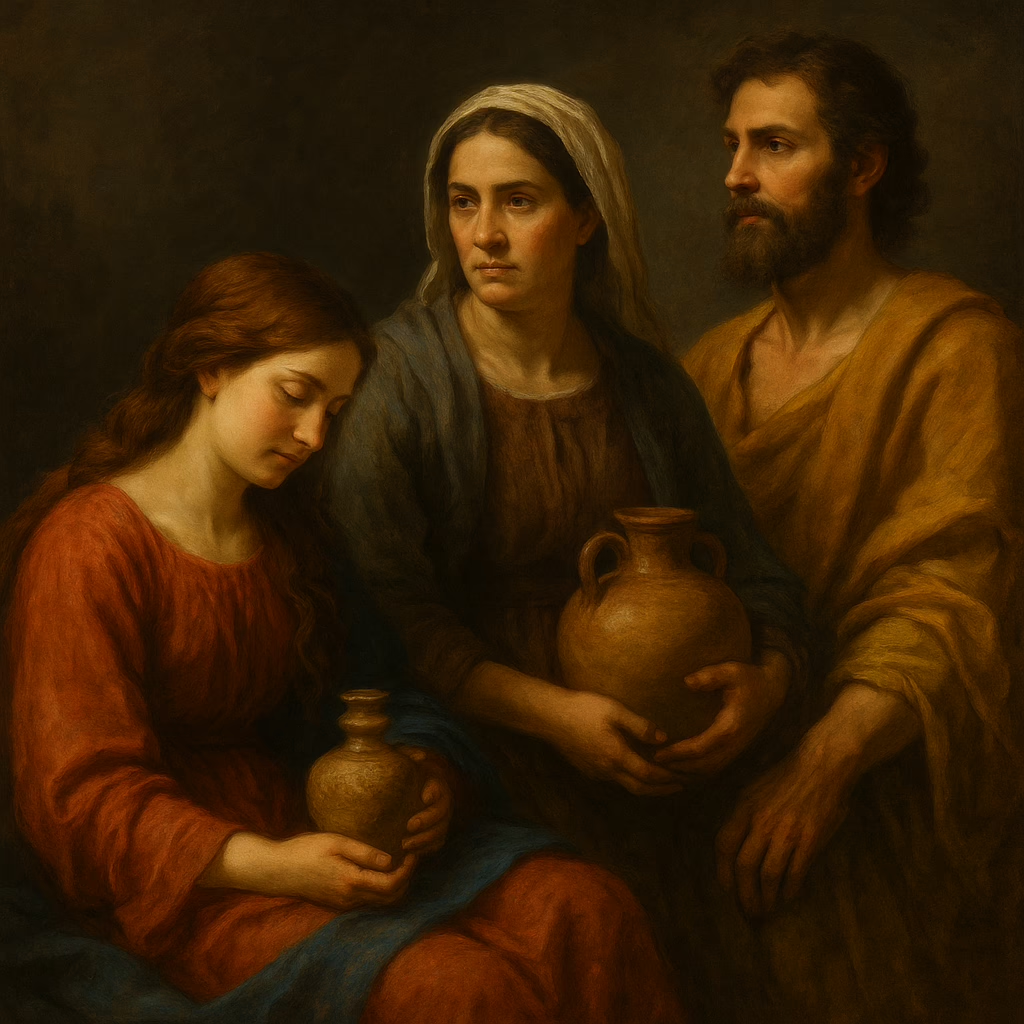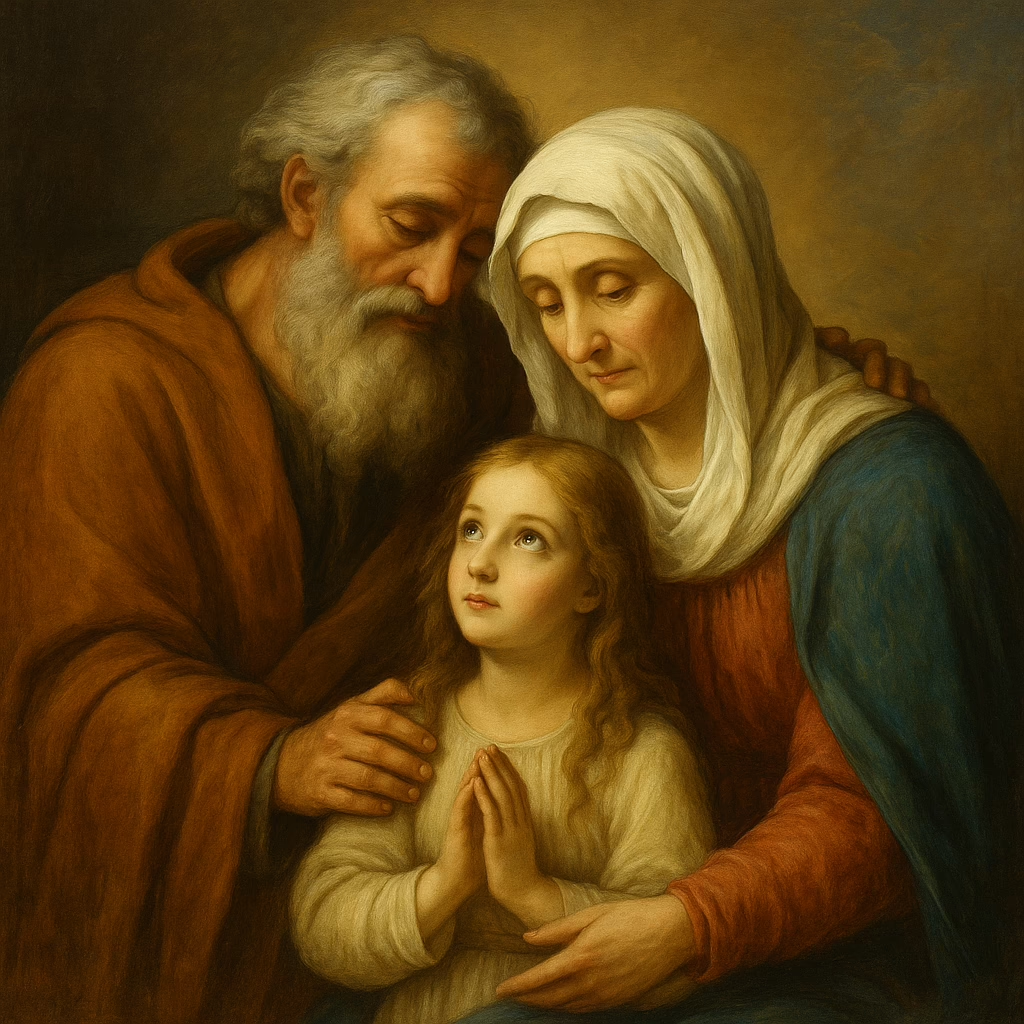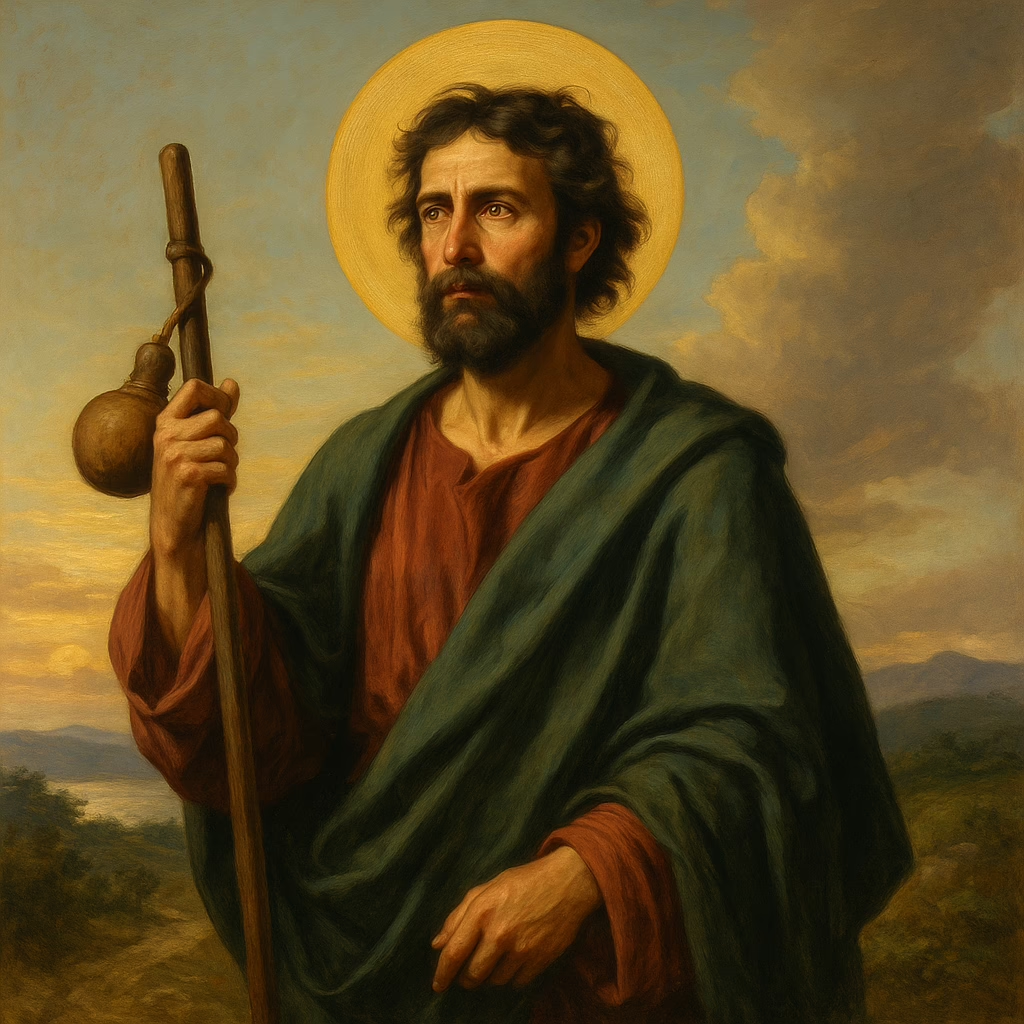St. Gregory the Great: A Legacy of Faith and Service
Introduction: Exploring the Life and Impact of St. Gregory the Great
In the annals of Church history, few figures shine as brightly as St. Gregory the Great, the 65th Pope of the Catholic Church. His life exemplifies the transformative power of faith in action, leaving an indelible mark on the Church and society. From his humble beginnings to his influential papacy, St. Gregory the Great’s journey is a testament to the profound impact one person can have when guided by faith, wisdom, and compassion.
As we delve into the life of this remarkable saint, we’ll explore his spiritual awakening, his pivotal contributions to the Church, and the enduring legacy that continues to inspire millions today. St. Gregory’s teachings on social justice, his missionary zeal, and his dedication to serving the poor offer timeless lessons for modern Christians seeking to live out their faith in meaningful ways.
1. Early Life and Spiritual Awakening
1.1 Wealthy Background and Education
Born around 540 AD into a wealthy Roman family, Gregory was afforded all the privileges of his social standing. His early education focused on law and literature, preparing him for a promising career in civil service. However, God had other plans for this young man of privilege.
As Pope Benedict XVI noted, “Gregory’s life underwent a radical change of direction that led him to choose the monastic life.” This transition to a life of spiritual contemplation marked the beginning of Gregory’s remarkable journey.
Learn more about St. Gregory’s monastic life
Gregory’s decision to abandon worldly pursuits in favor of a life dedicated to God set the stage for his future role as a spiritual leader. His time at St. Andrew’s monastery in Rome deepened his faith and honed his leadership skills, preparing him for the challenges that lay ahead.
2. Influential Contributions and Miracles
2.1 Mission to England and the Spread of Christianity
One of Gregory’s most significant contributions was his role in the Christianization of England. In 596 AD, he sent St. Augustine of Canterbury, along with a group of monks, on a mission to convert the Anglo-Saxons. This bold move laid the foundation for the establishment of Christianity in England.
The impact of this mission on the Christianization of England cannot be overstated. It not only brought the faith to a new land but also established a strong connection between the English Church and Rome. As St. John Henry Newman observed, “To be deep in history is to cease to be Protestant.” Gregory’s foresight in sending missionaries to England profoundly shaped the religious landscape of the British Isles.
Gregory’s life was also marked by numerous miracles and healings attributed to his intercession. These miraculous acts served as powerful testimonies to his faith and God’s grace working through him.
Explore St. Gregory’s miraculous acts
3. Legacy of Social Justice and Charity
3.1 Emphasis on Social Justice and Clerical Role
St. Gregory’s teachings on social justice and faith in action continue to resonate with Catholics today. He firmly believed that the Church had a responsibility to care for the poor and marginalized, a principle that has become a cornerstone of Catholic social teaching.
Gregory’s influence on advocacy for the care of the poor is exemplified in his famous quote: “When we attend to the needs of those in want, we give them what is theirs, not ours. More than performing works of mercy, we are paying a debt of justice.”
His personal example of humility and charity in serving others set a high standard for clerical conduct. Gregory often referred to himself as the “servant of the servants of God,” a title that subsequent popes have adopted.
4. Musical Legacy and Spirituality
4.1 Development of the Gregorian Chant
St. Gregory’s influence extended into the realm of sacred music, with the development of what came to be known as Gregorian chant. While scholars debate the extent of his direct involvement, there’s no doubt that Gregory played a crucial role in establishing this form of liturgical music.
The spiritual significance of Gregorian chant in worship lies in its ability to elevate the soul and create an atmosphere conducive to prayer and contemplation. As Gregory himself wrote, “He who sings prays twice.”
This musical tradition beautifully illustrates Gregory’s understanding of the link between music, beauty, and worship. He recognized that the arts could serve as a powerful medium for expressing faith and drawing believers closer to God.
Learn about the history of Gregorian chant
5. Continued Devotion and Charitable Works
5.1 Prayers for Spiritual Guidance and Devotion to the Poor
St. Gregory’s legacy lives on through the prayers dedicated to him and the countless charitable initiatives inspired by his example. A popular prayer to St. Gregory the Great reads:
“O God, who care for your people with gentleness and rule them in love, through the intercession of Pope Saint Gregory, endow, we pray, with a spirit of wisdom those to whom you have given authority to govern, that the flourishing of a holy flock may become the eternal joy of the shepherds. Through our Lord Jesus Christ, your Son, who lives and reigns with you in the unity of the Holy Spirit, one God, for ever and ever. Amen.”
Gregory’s devotion to the poor and marginalized continues to inspire Christians to engage in works of mercy. Numerous charitable organizations and initiatives bear his name, carrying forward his commitment to social justice and care for the vulnerable.
Conclusion: Embracing the Legacy of St. Gregory Today
St. Gregory the Great’s life and teachings offer a compelling model for modern Christians seeking to live out their faith with authenticity and compassion. His emphasis on humility, charity, and service remains as relevant today as it was in the 6th century.
As we reflect on Gregory’s enduring impact on the Church and society, we are called to embody the virtues he exemplified. In the words of Pope Francis, “The saints are not supermen, nor were they born perfect. They are like us, like each one of us. They are people who, before reaching the glory of heaven, lived normal lives with joys and sorrows, struggles and hopes.”
Let us carry forward St. Gregory’s legacy in our own lives by:
- Cultivating a deep prayer life and spiritual discipline
- Advocating for social justice and caring for the poor
- Using our talents and resources in service of others
- Promoting beauty and reverence in worship
Learn more about St. Gregory’s influence today
As we strive to follow in St. Gregory’s footsteps, may we be inspired by his wisdom, humility, and unwavering commitment to serving God and neighbor.
Call to Action
Inspired by St. Gregory the Great’s life and teachings? Here are some ways you can put his example into practice:
- Volunteer at a local food bank or homeless shelter
- Learn more about Catholic social teaching and advocate for justice in your community
- Incorporate Gregorian chant or sacred music into your prayer life
- Read one of St. Gregory’s writings, such as his “Pastoral Care”
By embracing these actions, we can honor St. Gregory’s legacy and continue his mission of faith and service in our own time.
Further Reading
To deepen your understanding of St. Gregory the Great and his impact on the Church, consider exploring these books:
- “The Life of St. Gregory the Great: Biography and Novena Prayers to St. Gregory the Great”
- “St. Gregory the Great: Biography, Selected Epistles and Teachings on the Pastoral Rule”
- “Gregory the Great and his World”
These resources will help you gain a deeper appreciation for St. Gregory’s enduring legacy and the relevance of his teachings in today’s world.






Leave a Reply